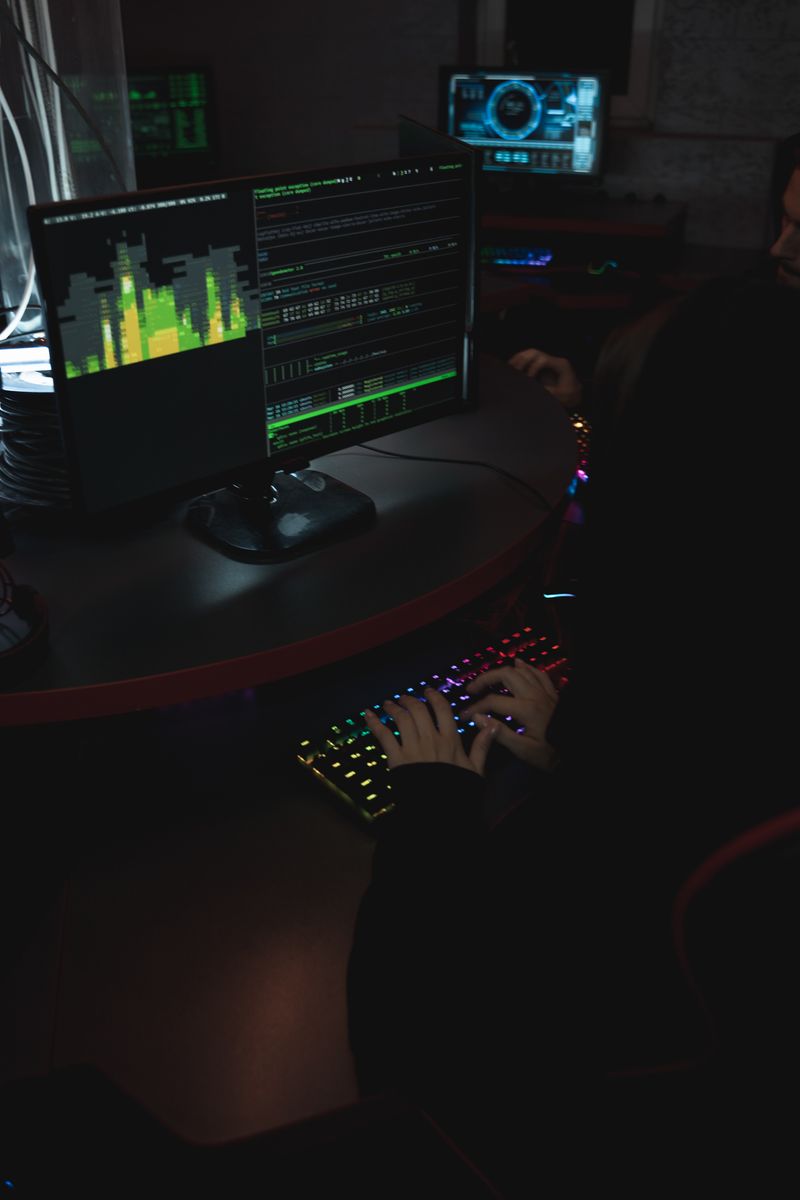Russian Threat Actors Expand Cyber Warfare Tactics in Ukraine Conflict
Introduction
As the war in Ukraine enters its second year, the conflict has not only been fought on the ground but also in the digital space. Russian threat actors have increasingly utilized cyber weapons, influence operations, and propaganda campaigns to further their objectives in Ukraine. This hybrid warfare approach, which combines military force with cyber tactics, poses a significant challenge to Ukrainian defenses. Additionally, these tactics have not been limited to Ukraine alone, as Russian state-affiliated groups have targeted organizations in various European nations. Understanding the strategies employed by these threat actors and studying Ukraine’s resilience can provide valuable insights and guide security leaders in defending against authoritarian aggression in the digital arena.
The Scope of Russian Cyber Operations
Throughout the duration of the conflict, Russian threat actors have heavily relied on cyber weapons and influence operations to infiltrate desired targets. Their methods encompass a broad range of attack vectors, but three notable trends have emerged.
Using Diverse Means to Gain Initial Access
Russian threat actors have employed a multitude of tactics to gain initial access to targets within and outside of Ukraine. This includes exploiting vulnerabilities in Internet-facing applications, utilizing backdoored pirated software, and spear-phishing campaigns. For example, the group Seashell Blizzard has backdoored pirated versions of Microsoft Office to gain unauthorized access to targeted organizations in Ukraine. They have also weaponized a modified version of Windows 10 and distributed it through Ukrainian forums, taking advantage of the demand for low-cost software to infiltrate government and other sensitive organizations.
Furthermore, Russian threat actors have targeted IT providers, leveraging trust relationships to reach more sensitive targets downstream without immediately raising alarms. Hacker groups like Forest Blizzard and Secret Blizzard have attempted to access an IT provider in Poland, which serves sensitive sectors among its clients. Similarly, Midnight Blizzard, the same actor responsible for the SolarWinds intrusion, regularly targets diplomatic organizations and foreign policy think tanks by compromising cloud solutions and managed services providers used by these organizations.
Weaponizing ‘Fact-Checking’ to Spread Propaganda
Russian influence actors often employ deceptive techniques associated with fact-checking to spread false claims and narratives aligned with the Kremlin. These actors create social media accounts purportedly dedicated to fact-checking, such as the Telegram channel War on Fakes. Through these channels, they disseminate disinformation, including claims of “Ukrainian fakes” and allegations of debunked reports on Russian attacks. By utilizing the guise of fact-checking, these actors attempt to distort the truth and amplify Russian propagandistic narratives.
Spreading Leaked Information to Target Political Opponents
Pro-Russian actors frequently spread purportedly leaked information online to target political figures and governments supportive of Kyiv. Although this tactic is not new to Russia, hack-and-leak operations have become increasingly prevalent during the war. The dissemination of leaked information serves as an effective tool to fuel existing divisions and tensions due to the challenges involved in authenticating or debunking such leaks.
The Implications and Indicators of Russian Escalation
While Russian cyberattacks and influence operations have not yet succeeded in deterring Ukrainian resistance or undermining international support for Ukraine, it is crucial to remain vigilant and track emerging threat intelligence for potential indicators of Russian escalation in the digital space. By closely monitoring these developments, security leaders can enhance their readiness and fortify their defenses against similar attack vectors.
Editorial: The Global Threat of Hybrid Warfare
The Russian hybrid warfare tactics witnessed in Ukraine serve as a stark reminder of the evolving nature of modern conflict. As technology becomes increasingly ingrained in our lives, cyberspace has become an arena for subterfuge, manipulation, and attacks. Governments and organizations worldwide must recognize the potential consequences of such hybrid warfare and the profound impact it can have on geopolitical stability.
Addressing the Security Challenge
To counter these threats effectively, security leaders should adopt a multifaceted approach. It is essential to invest in robust cybersecurity measures, including regular vulnerability assessments and penetration testing, to prevent unauthorized access and exploit of weaknesses. Additionally, organizations must prioritize user awareness and education to help employees recognize and mitigate the risks of spear-phishing campaigns and other social engineering techniques employed by threat actors.
Furthermore, governments and international bodies must collaborate closely to establish norms and regulations in cyberspace, strengthen information-sharing mechanisms, and hold accountable those who engage in malicious cyber activities. International cooperation can help develop comprehensive frameworks to deter cyber aggression and protect critical infrastructure.
Ultimately, countering hybrid warfare necessitates a combination of technological advancements, policy changes, and societal resilience. By recognizing and understanding the ever-evolving tactics of threat actors, we can safeguard our nations and build a more secure digital future.
Keywords: warfare, Russian hybrid war, Ukraine conflict, strategic analysis, geopolitical strategy, military tactics, information warfare, cyber warfare, propaganda, covert operations, proxy warfare.

<< photo by Joseph Fuller >>
The image is for illustrative purposes only and does not depict the actual situation.
You might want to read !
- What the Russia-Ukraine Conflict Teaches Us About Cyber Warfare
- The Power of Location Intelligence in the Fight Against Disinformation
- Inside North Korea’s Social Engineering Techniques: Insights from US and South Korea
- The Elusive Kim in the North: Unraveling the Kimsuky Group’s Cyber Warfare Tactics.
- Russia accuses US Intelligence of orchestrating iOS Zero-Click Attacks
- “Former Executive Alleges Beijing Accesses TikTok’s User Data in Lawsuit”
- The Algorithmic Democracy: Can AI help us redesign democracy?




